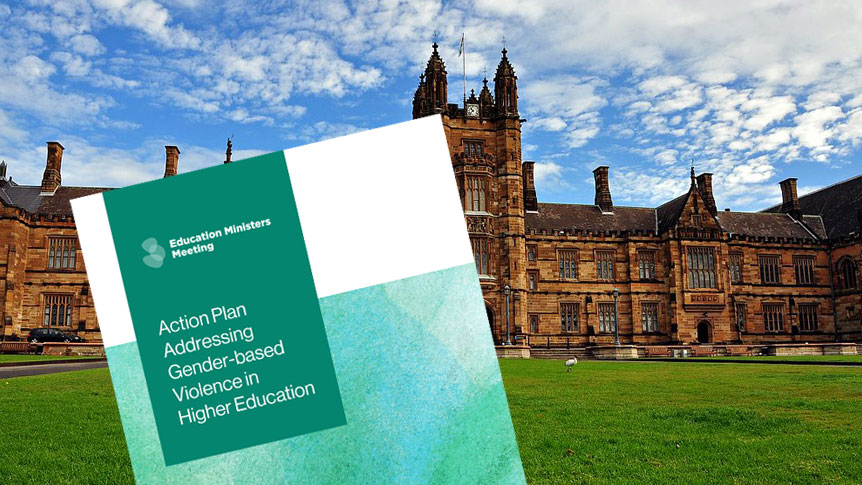CW: This article discusses institutional responses to sexual harassment and violence.
An independent National Student Ombudsman, as well as a National Higher Education Code to Prevent and Respond to Gender-based Violence, will be established to address complaints of sexual harassment, assault, and gender-based violence in universities under the Action Plan Addressing Gender-based Violence in Higher Education, as agreed to by federal, state and territory education ministers.
The Ombudsman will allow all university students to escalate complaints concerning the actions taken by higher education providers, including reports of sexual harassment, assault and violence.
The Ombudsman will have the power to review institutional decisions, recommend “specific steps” to resolve complaints, intervene if there are “unreasonable delays” in resolving complaints, or if institutions are acting “unreasonably,” and offer “restorative engagement processes” between students and providers if required. The federal government is preparing legislation to establish the Ombudsman’s office.
Sharna Bremner, Founder of End Rape on Campus (EROC), has been advocating for victim-survivors for a decade. In an interview with Honi, she spoke to the establishment of the Ombudsman and Code bringing about significant change to the higher education sector.
“For the first time ever there will be legislated policy for students in higher education. University students have not had any legislated protection. This changes everything.”
Universities Australia, the peak body representing Australia’s 39 universities, welcomed the introduction of the Ombudsman, with CEO Luke Sheehy stating, “The National Student Ombudsman forms part of a broader action plan to address gender-based violence at universities.”
“As a sector we have not shied away from dealing with this major issue, but we can do more — that’s what our students deserve…We will continue to work with our students, educators, government and experts to ensure that we are addressing this serious societal issue.”
Universities, as well as colleges and student accommodation providers, will also be subject to a National Code that is geared toward combating gender-based harassment and violence through a “whole-of-organisation approach” that aims to strengthen accountability.
The Code will establish best practice standards that all providers will be required to meet, and seeks to “ensure transparency and accountability.” It is set to be implemented by an “expert unit” in the Department of Education, and will conduct targeted compliance measures as well as gather and share data on gender-based violence in higher education settings.
The Action Plan, agreed to on February 23, was informed by a series of consultations with students, staff, advocates on sexual violence, representatives from the higher education sector and research experts. The Plan cites the priority action to address sexual assault in universities from the Australian Universities Accord Interim Report released in July 2023. The panel’s final report was handed down on February 25.
If you need support, please contact the Safer Communities Office on 8627 6808 or by email at safer-communities.officer@sydney.edu.au, or 1800 Respect on 1800 737 732





